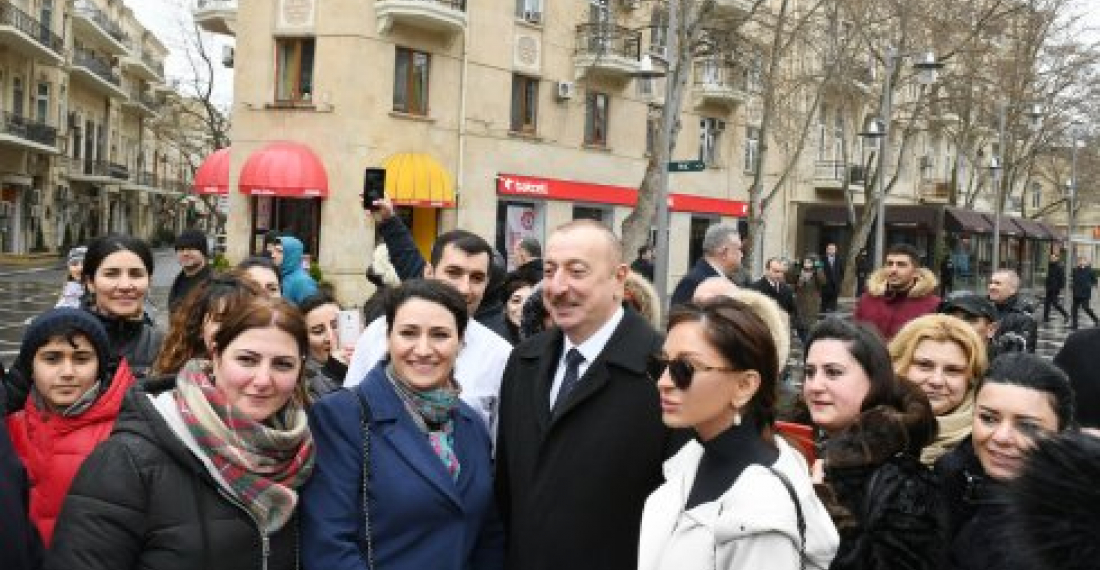Azerbaijan president Ilham Aliyiev has addressed his countrymen on the occasion of Novruz holiday. In the address, the president reviewed achievements of the last year and said that Azerbaijan has entered a new period of reforms. "Reforms will be further deepened. There is no alternative to that. Political reforms, economic reforms, reforms in the social sphere, reforms in the judicial system - relevant instructions have already been given", the president said.
Aliyev also made reference to the Karabakh conflict resolution process, and reiterated the Azerbaijani position. He said:
"As far as the settlement of the conflict is concerned, the position of Azerbaijan remains unchanged. This conflict must be resolved only within the territorial integrity of our country. Nagorno-Karabakh is our historical land, and the earliest possible resolution of the conflict must be based only on the norms and principles of international law. As you know, the Armenian side has raised questions about changing the format of the negotiations. However, Azerbaijan certainly cannot accept this."
The president added that:
"Conflict resolution will lead to peace and stability in the region. Of course, Azerbaijan seeks and will strive to seek a solution of this issue only on the basis of the norms and principles of international law and within the framework of the territorial integrity of our country."
Novruz Bayram - sometimes referred to as the festival of spring, is celebrated widely in Iran, Azerbaijan and parts of Central Asia and Turkey.
source: commonspace.eu with the press service of the president of Azerbaijan
photo: President Ilham Aliyev of Azerbaijan and Vice president Mehriban Aliyeva posing for a picture in the centre of Baku on 19 March 2019 at the start of the Novruz holiday.







